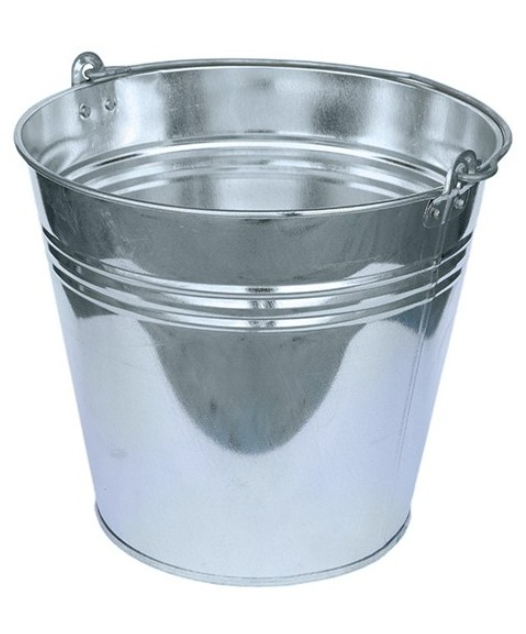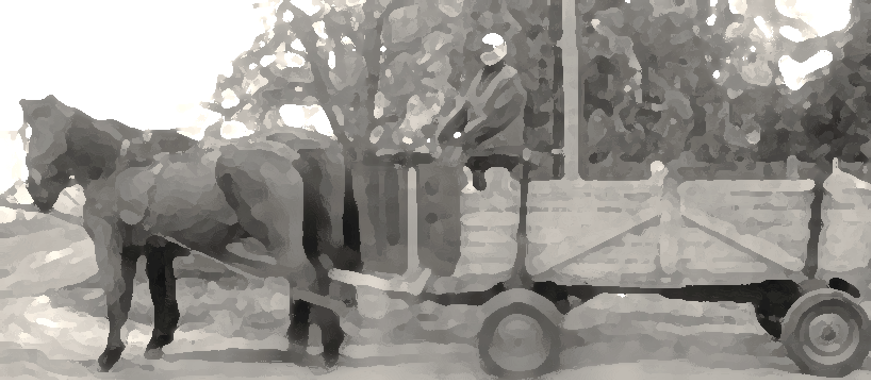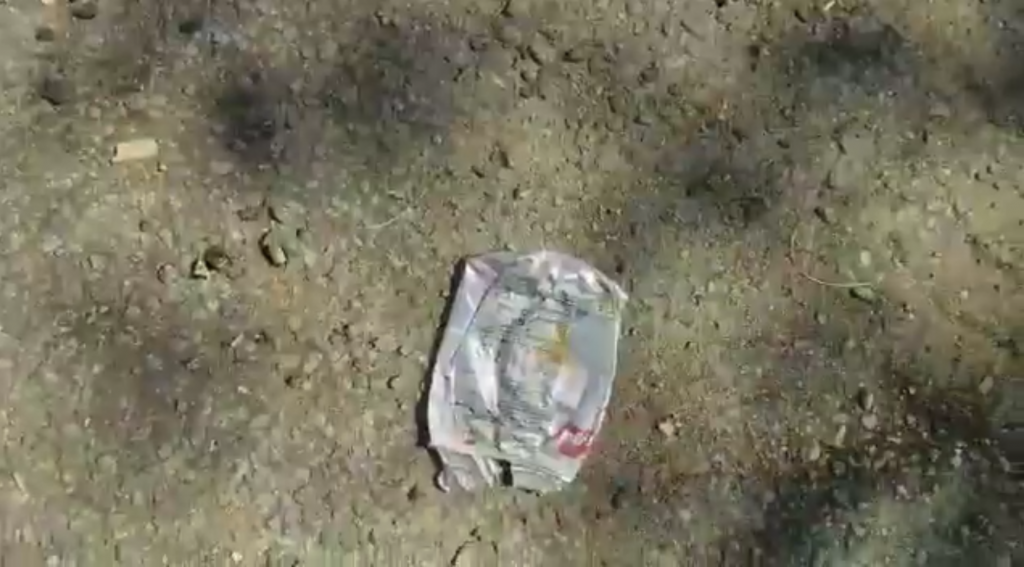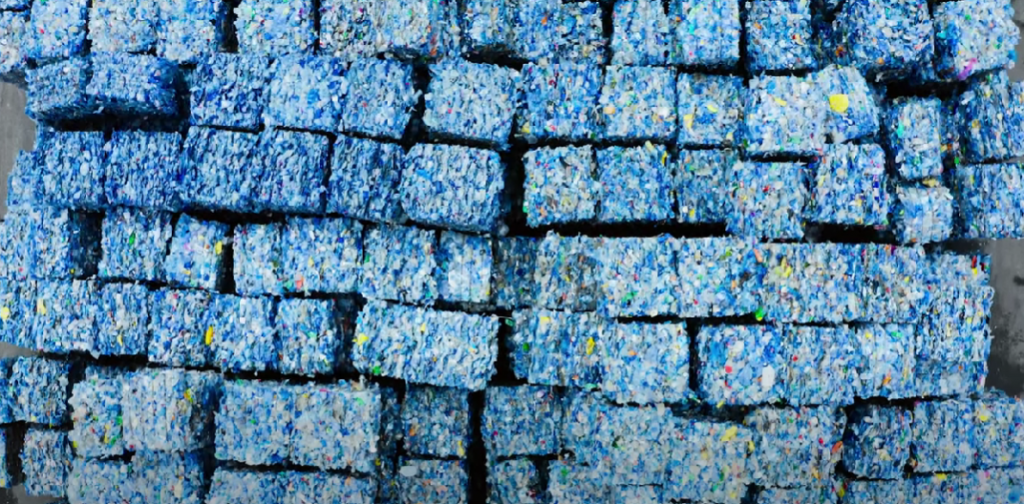
SIMVIC is a company that buys and processes scrap metal. It is located at Unit 4, Fordwater Trading Estate, Ford Road, Chertsey, KT16 8HG. The founders of the company are Radek Arasniewicz and his brother-in-law Darek Arasniewicz. They both come from Poland originally.
The beginnings of the company are humble. It started in 2008 when they came to England. In the beginning, both were driving the only van they had to collect scrap metal. Their experience with scrap metal comes from Poland, where they had already established a similar business. At first, they drove around London to collect scrap and took it from there to Peterborough and then back to London again. The business grew slowly, soon they bought more vans and rented their own site in West Drayton. Here they stored the scrap metal and used the space to treat it. In those days, the price of scrap metal was better than it is today. An accountant helped them in administrative matters. After some time, they had to leave the West Drayton location and find a new home for their business. In 2011 they found land here in Chertsey, which they rented until 2022, and then they bought it. The company employs about twenty permanent employees and a few office workers. The company’s offices are very well organized and use the latest technology.
I am talking to Radek Arasniewicz, one of the owners and a director of the company. His wife and daughter live in Poland, and he swaps places on a monthly basis with Darek, his brother-in-law and business partner. So, he spends one month at the company in Chertsey, and then travels to stay with his family in Poland and also takes care of the company in Poland for a month. At that time Darek comes to England and runs the company here. This exchange takes place every month.
How big is the area of your company?
To put it literally, I would say, the area is about the same size as a football field.
How did you get involved in the scrap metal business?
It just happened. I suppose that one of the reasons was, that we had already established the same business in Poland. In Poland, it is more focused on the purchase of steel, so the process of the business is different.

What kind of scrap do you collect?
Here in England, we collect and buy copper, aluminium, bronze, cars for scrap, cables, steel, brass, lead. In fact, we buy all ferrous and non-ferrous metals.
Who is your main supplier of industrial scrap?
Our regular suppliers of scrap are demolition companies as well as garbage collection companies, like B&K or PM Skips, which operate locally. Nevertheless, finding new suppliers is a constant endeavour. We advertise a lot on the Internet for this.

What is the procedure for collecting scrap metal in your company?
We currently have three trucks and ten vans. We drive them to our suppliers, where the goods are loaded. This is often done with the help of special cranes or forklifts. Depending on the circumstances, we work together with suppliers when loading trucks. We all try to make it as smooth a process as possible.

Do you have private scrap suppliers?
We have a lot of private professional suppliers like plumbers or electricians, and we strongly encourage the local community to come and sell us their accumulated scrap metal too.
Can people like me, private individuals, come to you and deliver their scrap metal? For example, an old washing machine or an old car?
Of course! however, we buy everything as scrap. Therefore, the prices are the same as that for scrap metal.
How much can one get for an old washing machine or an old car?
Probably around £5 for an old washing machine, and around £150 for a small old car

Is finding new scrap metal suppliers and buyers easy?
It is not easy, there are many companies in this sphere. It all depends on the right price. You have to be very sensitive to the market and be able to set the best prices for the materials you buy or sell. I do all the pricing. Our prices are always listed on our website. In fact, the success of this business lies in the ability to give and get the right price. This is a very fluid business and both the prices and the demand for different types of material are constantly changing. For example, China needs copper, but in the summer season due to floods out there, China stops its operations and does not need as much copper. This, in turn, affects the price of copper and the price decreases due to the lack of demand for it.
Please describe the metal recycling process in your company.
80% of the material delivered to us is physically examined. The materials need to be properly prepared, sorted and cleaned. We have many machines for this purpose. Some machines separate metal from plastic, and then the plastic is turned into granules that can be also, like metal, reused again. Other machines cut the metal into smaller pieces.
We also sell used parts from BMW and Mercedes. This aspect plays a significant role in our business operations. The parts can be bought directly from us, or we sell them on eBay.
Do you trade internationally?
Yes, we do, nevertheless, most of our trade takes place in England, some 80% you could say. The
English companies we trade with are such as Tandom, SIMS Metal, EMR, Crow Metal, ROBA Scrap Metal, City Metal and many others. The remaining 20% we mainly operate in Poland. For example, we supply recycled derived copper to the world-renowned company KGHM, known as a major international producer of copper and silver. The head office of KGHM is in Lublin.
Which metal is in greatest demand?
It depends on the season and prices, and it often changes.
Which metal is the most expensive?
Copper is the most expensive.
Would you agree with my statement that scrap metal is no longer just scrap as most of this scrap material can be recycled, the people who sell scrap metal earn money for it and the scrap metal gets a second life?
That is right. Scrap can be recycled, and you can earn money from its sale.
How does metal recycling protect the environment?
Collecting and recycling scrap protects the environment from pollution, as it is not sent to landfills. We also save the Earth’s natural resources.
What do you like to do when you’re not working? I understand you work very hard.
I like cycling, swimming and boxing.
Where is your favourite place to go on holiday?
I really like going to Norway. It’s quiet, peaceful and very beautiful there.
Radek, I really appreciate and thank you for your initiative to create a company that is needed so much nowadays, as well as for your hard work and dedication to this work. I would also like to thank your whole team for their hard work and enthusiasm.
Thank you for taking the time to talk to us.







